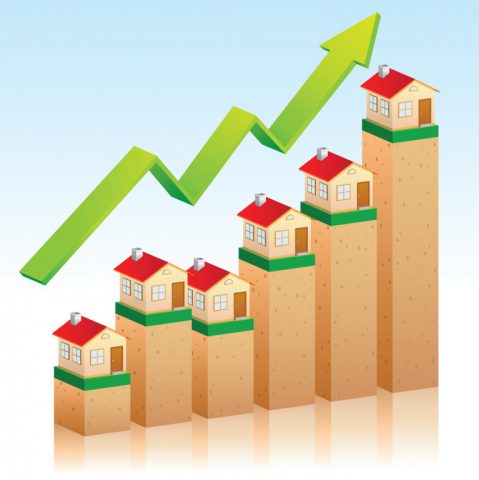First Time Buyers Will Need to Earn £64,000 to Afford a Home by 2020
Prospective first time buyers will need to earn £64,000 a year to be able to afford a home by 2020, according to housing charity Shelter.
The organisation believes that generation rent will be stuck in a life of expensive renting, as the average house price grows far beyond the average salary.
The £64,000 annual salary needed to buy a house is an increase of almost a fifth on the £52,000 needed for a typical first time buyer mortgage in 2015, the research found.
On top of the £64,000 salary to cover monthly mortgage payments, a first time buyer will also need a deposit of £46,000 to purchase a home, with the average house price expected to rise to £270,000 over the next four years.

First Time Buyers Will Need to Earn £64,000 to Afford a Home by 2020
These figures are based on forecasts by Paul Cheshire, a professor of economic geography at the London School of Economics. He believes that UK house prices will increase by 23% by 2020.
The Chief Executive of Shelter, Campbell Robb, says the research comes as no surprise, given that over the past five years, the country’s housing crisis has seen house prices rise six times faster than the average salary.
“It’s no wonder people on ordinary incomes are being locked out of a home of their own,” he states. “With the situation only set to get worse, generation rent will be forced to resign themselves to a life of unstable private renting, and wave goodbye to their dreams of a home to put down roots in.”1
In March, thousands of people marched through London to protest against the Government’s proposed Housing and Planning Bill.
The Government insists that the plans will turn generation rent into generation buy, but campaigners believe that it will make it more difficult for people to access genuinely affordable housing.
Lobby group Generation Rent believes that the legislation will only help landlords.
A spokesperson for the Department for Communities and Local Government says: “The housing bill makes sure we make the best use of social housing based on need and income, while reinvesting in building new homes.
“Furthermore, we have set out the biggest, boldest and most ambitious plan for housing in a generation, including £8 billion to deliver over 400,000 affordable homes.”1
Separate research highlights the struggle that first time buyers in London are set to face.
The average London house price is currently ten times the average salary. By 2025, just 26% of people aged 20-39 expect to own their own home in London – the opposite of what was seen in 2000, when 60% of people owned their own homes.
What do you think needs to be done to resolve the housing crisis and help young people get onto the property ladder?
1 http://www.independent.co.uk/news/business/news/housing-crisis-first-time-buyers-will-need-64000-salary-to-afford-an-average-home-by-2020-shelter-a6982386.html









